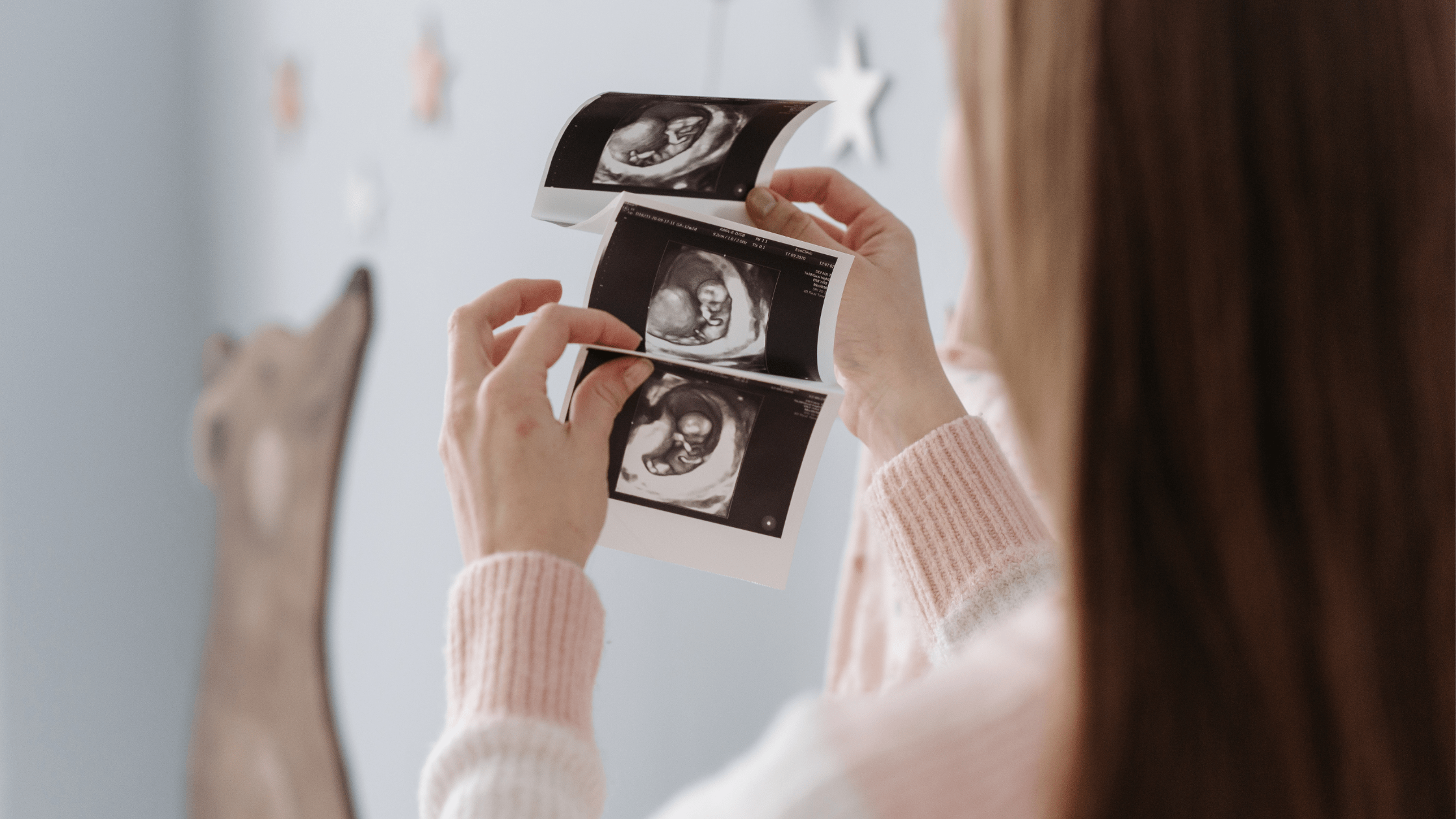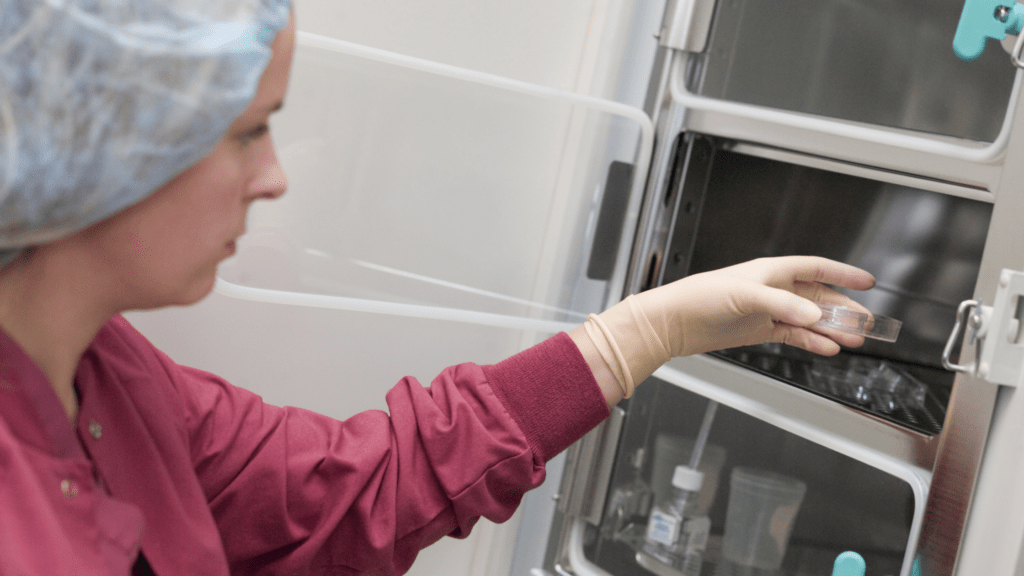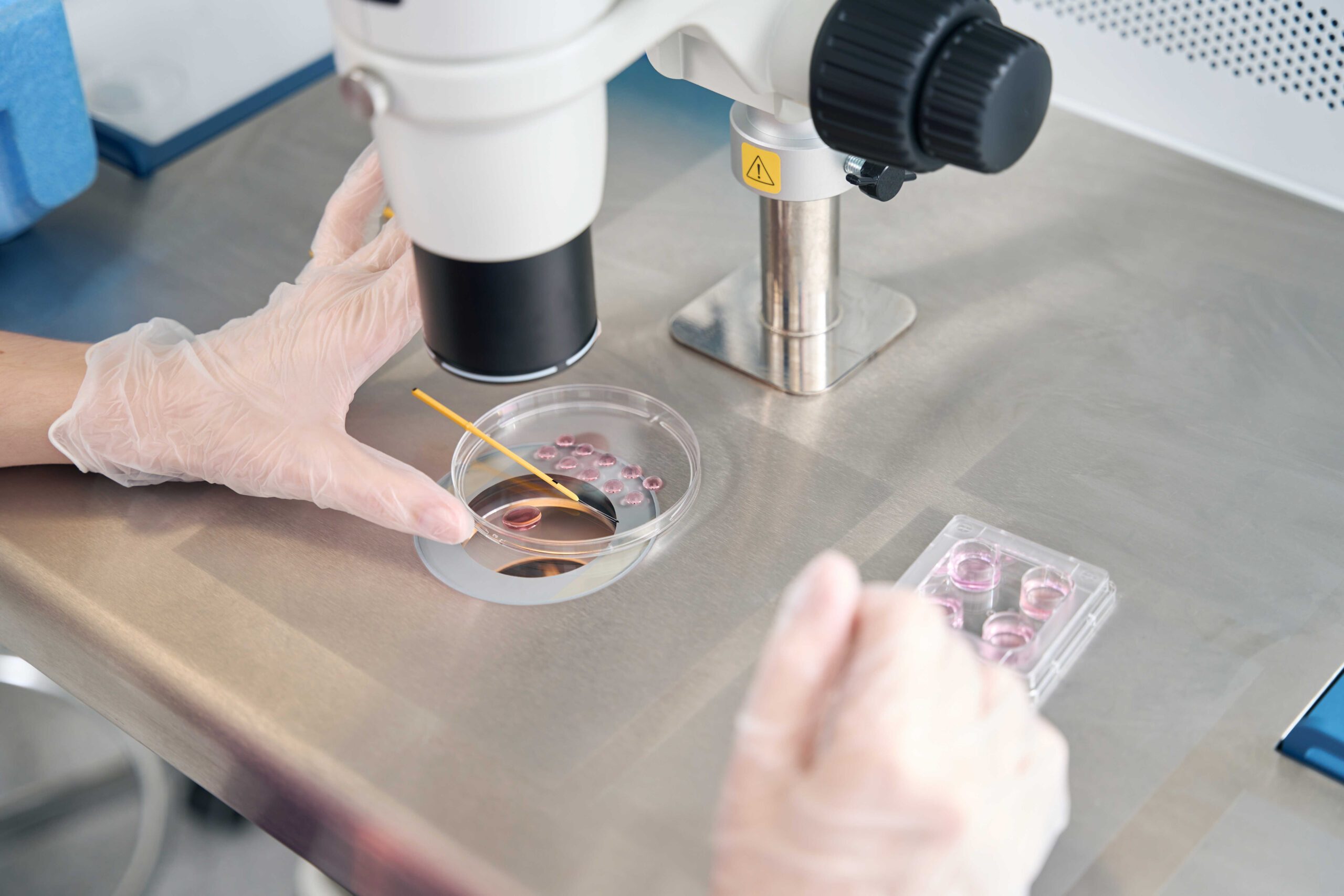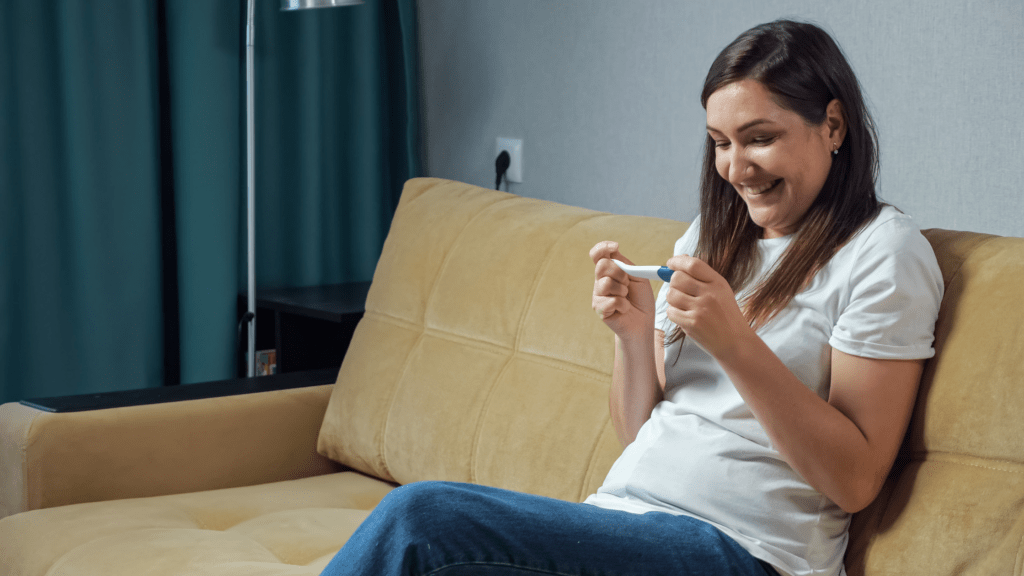Egg freezing – your questions answered


People choose to freeze their eggs for many reasons, but what links all these reasons is the desire, need or choice to have children at a later date. While egg freezing does not guarantee a successful pregnancy, egg freezing success rates are improving with advancing technology meaning that it gives a very viable option for having a family at a later date if you wish to do so. The egg freezing process provides women with more flexibility and control over their reproductive health by preserving their fertility.
What are eggs?
Females are born with all the eggs that they’ll ever have. After puberty, your supply of eggs is constantly diminishing until you reach menopause and there are no more eggs left. Chances of conception also decrease with age, and egg freezing can help to prolong a woman’s chances of having a biologically related child.
What is egg freezing?
Egg freezing, also known as oocyte cryopreservation, is a method of preserving a woman’s eggs for later use. It includes stimulating the ovaries, collecting the eggs and then storing them. If you then go on to use them at a later date, your eggs will be thawed and fertilised with sperm to create an embryo that will be transferred into the uterus.
Patients under the age of 38 will normally have around 7 to 14 eggs collected, although this could be more or fewer. For females with low ovarian reserve, the number of eggs that can be retrieved may be significantly fewer.
Why do people freeze eggs?
Egg freezing offers the option to have a family at a later date, whether this is social egg freezing, to choose to have a baby later in life, or premature infertility, the risk that you may not be able to conceive due to health issues or other lifestyle factors. It’s also a viable option for those who may not be sure if they want to have a family but would still like to store their biological material.
Age
Egg quality and quantity decline with age, making conception more difficult for women over the age of 35, so you may want to store your eggs to preserve fertility. Many women choose to preserve their eggs so they can have children later in life while minimising the risk of having a baby with chromosomal abnormalities, such as Down’s syndrome.
Lifestyle
For some people, egg freezing is a lifestyle choice. For career, financial, or relationship reasons, you may decide to put off having a family until you are older. Many people in the UK have their first child later in life, so elective egg freezing allows you to create a family when the time is right for you. However, having a family later with frozen eggs still carries an element of risk, as IVF treatment is not guaranteed to be successful, even with frozen eggs.

Future infertility
Some people want to plan due to potential fertility issues they might experience in the future. One example of this is having a dangerous job, so you want to preserve your fertility for the future. Others might be concerned about their reproductive health, such as cancer patients about to undergo chemotherapy or women who have a family history of early menopause in their families.
Transgender individuals will often discuss their future fertility with a specialist prior to starting hormone therapy or prior to surgery. You will also talk about the future treatments you may need if you do decide to preserve your fertility. Therefore, egg freezing might be your only option for having a biologically related child when you are ready.

What is the egg freezing process?
Before your eggs can be collected and stored, the first step is to consent that you are happy for the clinic to collect and store your eggs. You will be provided with information on the various instances that may occur, such as what happens to your eggs in the event of your storage period elapsing and how the eggs are used in treatment.
You will need to be tested for any infectious diseases by your fertility specialist through blood tests. The result of this test does not affect your ability to freeze your eggs, but it does affect how the eggs are stored to prevent contamination. Swabs or a urine sample may need to be taken to check for sexually transmitted infections, and you will need to make sure that you have an in date cervical smear. There may be other tests you need to do, but your healthcare professional will discuss this with you.
At the start of your treatment cycle, you will have a scan to assess your ovaries and review your ovarian reserve. This will determine what dose of medication you will need for the cycle. Fertility drugs are then prescribed and used to stimulate the ovaries to grow more follicles (fluid filled sacs that contain eggs). Normally, a woman releases one egg per month, but stimulation medication will encourage more to grow. The medication is administered by daily injections, and you will usually take the injections for around 2 weeks.
During the 2 weeks, you will have ultrasound scans to monitor your response and when the follicles are ready, you will be asked to take a trigger injection to trigger the release of the eggs so that egg collection can take place. Occasionally, an adverse reaction to the fertility drugs occurs where you may overrespond to the medication. This is known as ovarian hyperstimulation syndrome (OHSS). If your clinical team suspect that you may be at risk of this, they will make a plan with you that is safe for you and plan the best outcome.
The fertility specialist collects the eggs under general anaesthetic or sedation. A fine needle is passed through the vagina into the ovary to collect the eggs. The egg retrieval process is repeated on the other ovary, which lasts around 30 minutes. The eggs are then passed through to an embryologist in the laboratory and they will inspect these fresh eggs to check for maturity, and the healthy and mature eggs are then stored in liquid nitrogen tanks for rapid freezing. The eggs will be frozen within 2 hours of collection. In the future, when or if you decide to use your eggs, the thawed eggs are injected with sperm from either your partner or a donor to create and embryo.
Ask the expert: What you need to know about egg freezing: Watch Now
Is it painful to freeze your eggs?
The egg collection process is done under sedation, so you should feel no pain. However, some women experience pain, discomfort, cramps and bleeding after the egg retrieval procedure. You will be advised to take pain relief after if needed.

Egg freezing success rates
Ask your clinic for the most up-to-date information but also be aware that your success rate will be individualised and based on your medical history as well as your age. You can also check national egg freezing success rates on the HFEA dashboard.
https://www.hfea.gov.uk/about-us/hfea-dashboard/
What is the cost of egg freezing?
The cost of collecting your eggs varies on where you have your treatment and how much medication you will need. The estimated cost is approximately £8,000, which includes medication and often your first year of storage. When you are ready to use the froze eggs, there will be an additional cost for thawing, fertilisation and an embryo transfer as well as medication. Ask the clinic for an egg freezing cost of treatment plan to ensure that you get the correct costs applicable to you.
Is egg freezing covered by the NHS?
Egg freezing is not ordinarily available on the NHS. You might be eligible if you are having treatment that affects your future fertility, such as treatment for cancer. To find out if you qualify, speak to your healthcare professional.

At what age should you freeze your eggs?
For the greatest chance of success conceiving, it is advised that a woman should freeze her eggs in her 20s or very early 30s. Although there is no actual cut-off age for egg freezing, the potential of conceiving reduces with age.
Women over the age of 40 are much less likely to conceive naturally or through ART (Assisted Reproductive Technology) than younger women, and freezing eggs at 40+ does not increase their chances of conception. Egg quality declines as you age, so it is generally recommended that women freeze their eggs before the age of 35 if they are going to do so because using younger eggs in fertility treatment can improve the chances of getting pregnant. You may also find that fertility clinics will not offer egg freezing as a treatment to women over the age of 40 due the low success rate.
How long can eggs be frozen?
Eggs can be stored for a maximum of 55 years, as of 1 July 2022, so even if you are considering freezing your eggs young, this will not be a problem.
Note: Before July 2022, eggs were only stored for up to 10 years for social reasons. If you stored your eggs before this date, contact your clinic to discuss your options.
You will need to consent for you eggs to be stored. If you fail to do this, your frozen eggs will be disposed of. If you no longer want to store your eggs you may be given the option to donate your eggs, either for medical research, training purposes or another person’s treatment. You are also advised to keep your contact details up to date.
Getting pregnant naturally after freezing eggs
Many women get pregnant naturally after choosing to freeze their eggs. Some women freeze their eggs as a precautionary measure, but then they try to get pregnant naturally first, before using the stored eggs. Egg freezing doesn’t have a negative impact on your fertility. The stimulation and egg collection procedure may cause your cycle to be a little irregular after the procedure, but this should resolve after a month or so.
Help and support
The IVFN, we understand the emotional, physical and often financial challenges that infertile couples and individuals can face, when going through fertility treatment. There are so many questions that people have before, during and after treatment, which is why we provide a wide range of information through our dedicated channel of experts, our website and our blog posts. Our aim is to help you to feel more able to make informed and confident choices on your personal fertility journey.
Find out more- Video about Egg freezing- is it right for you: Watch Now